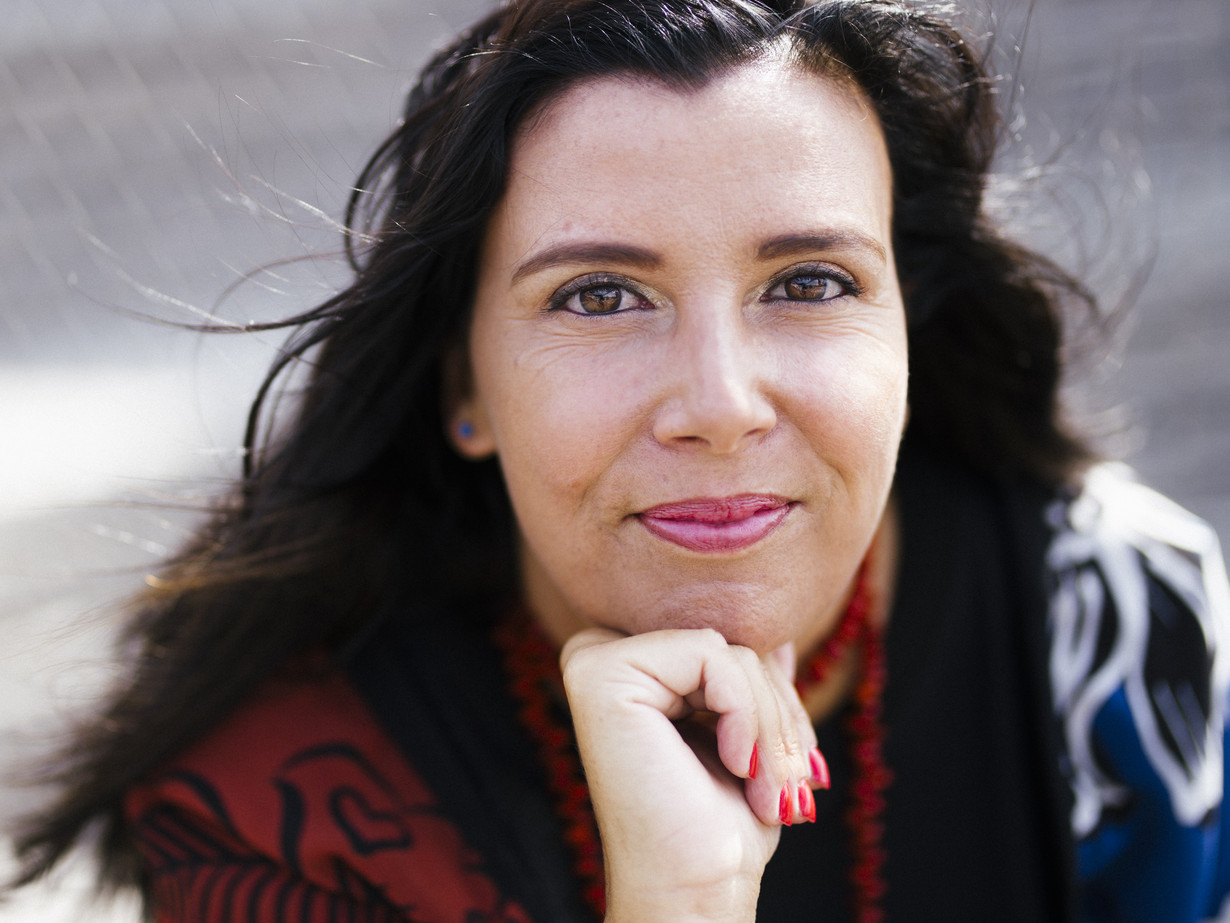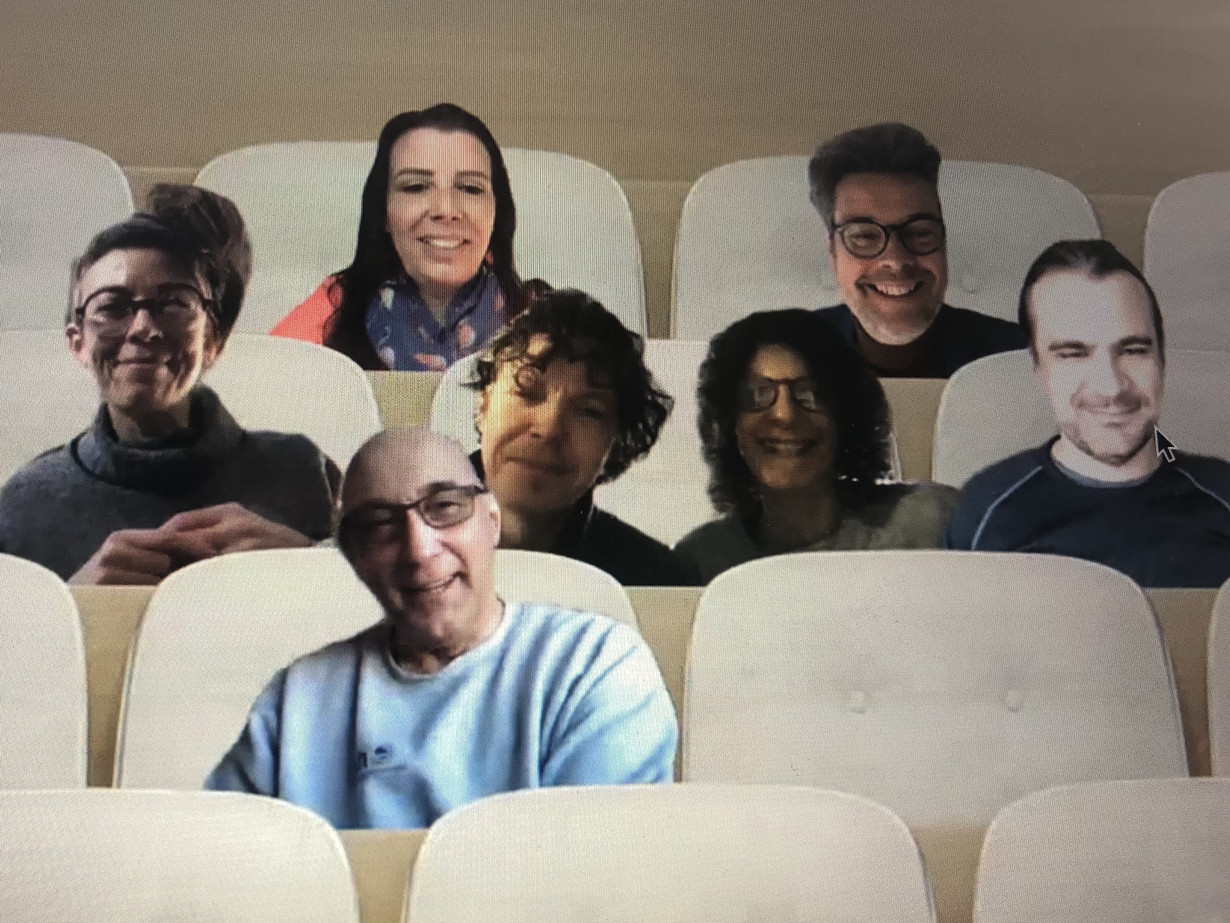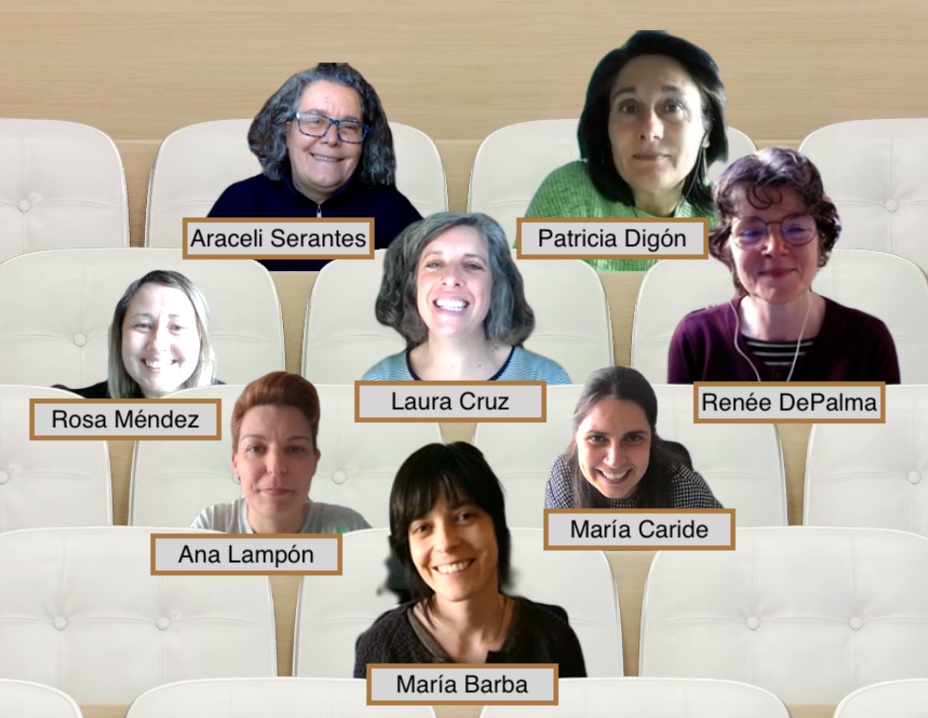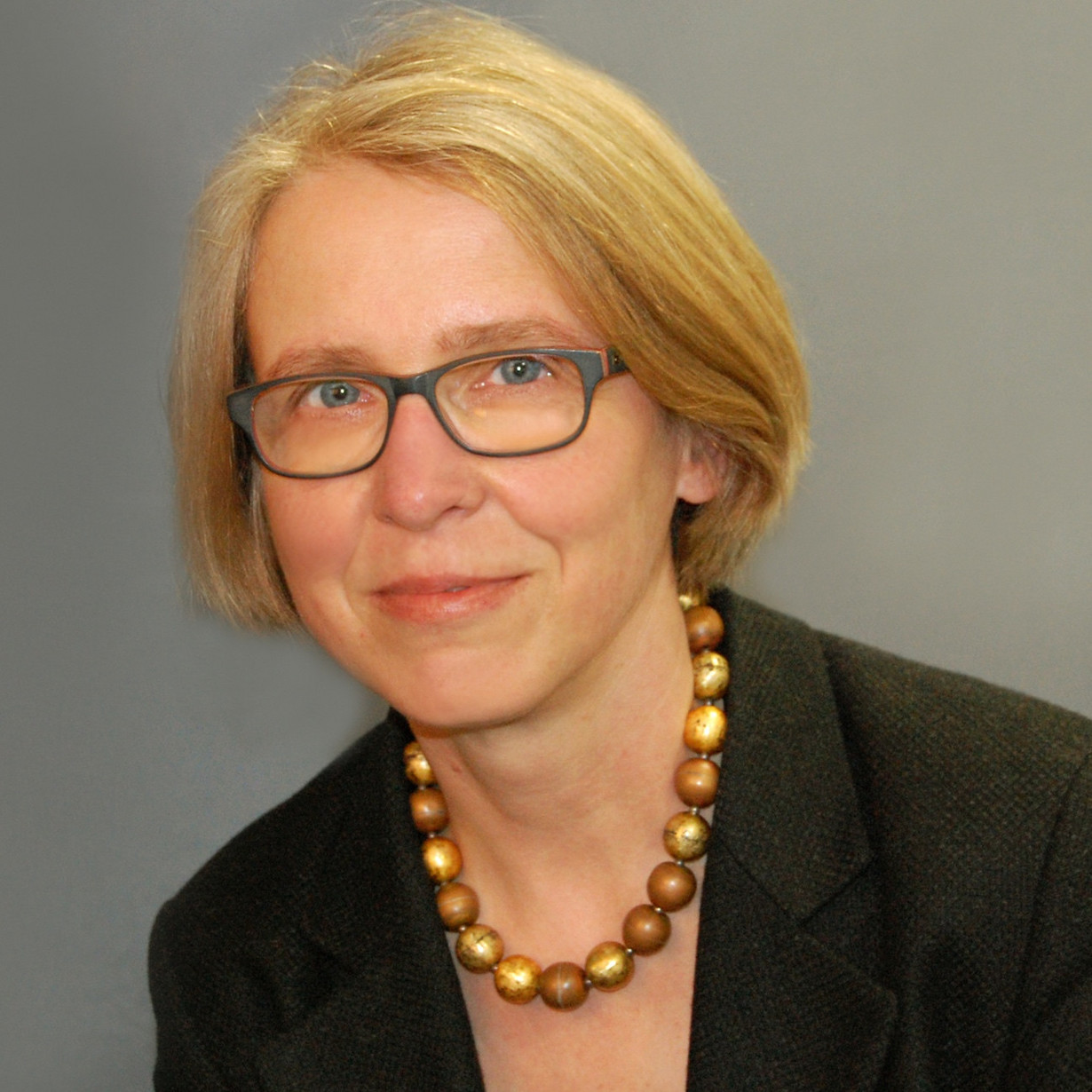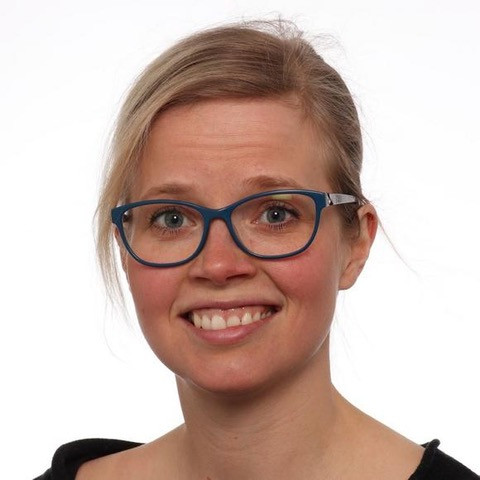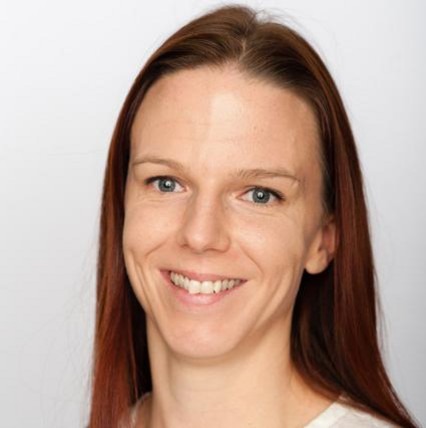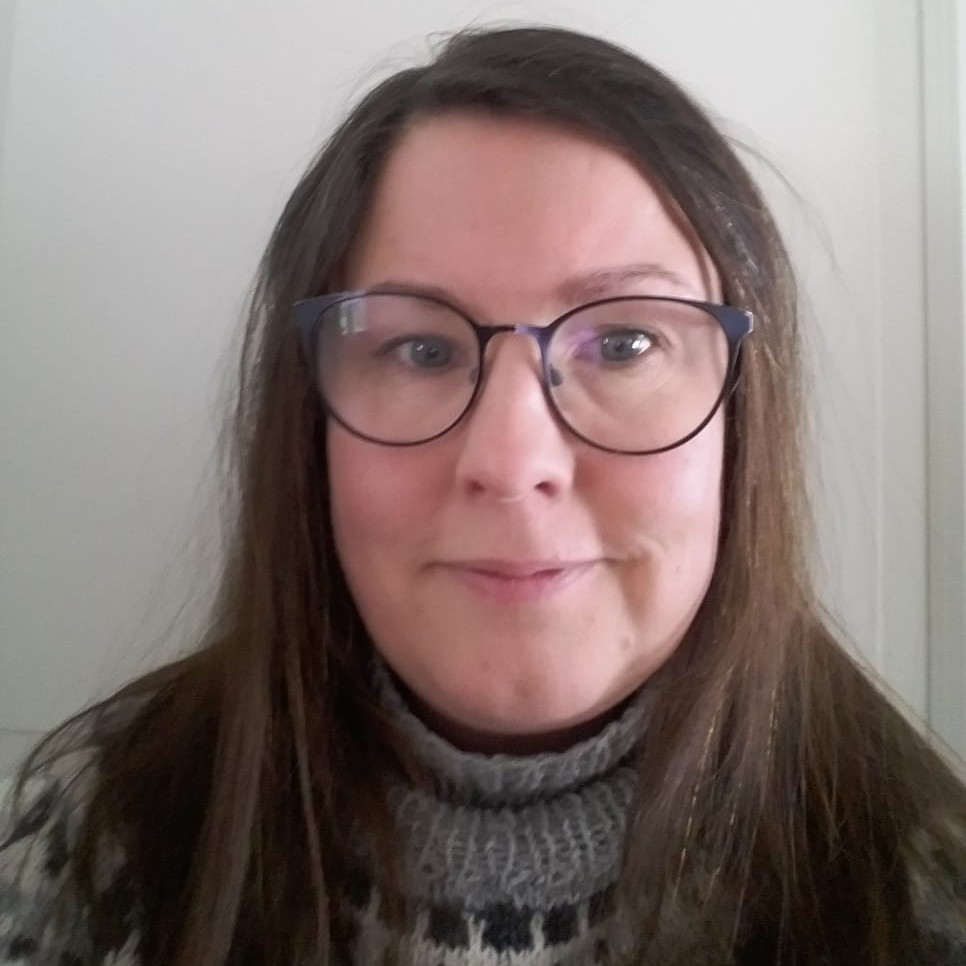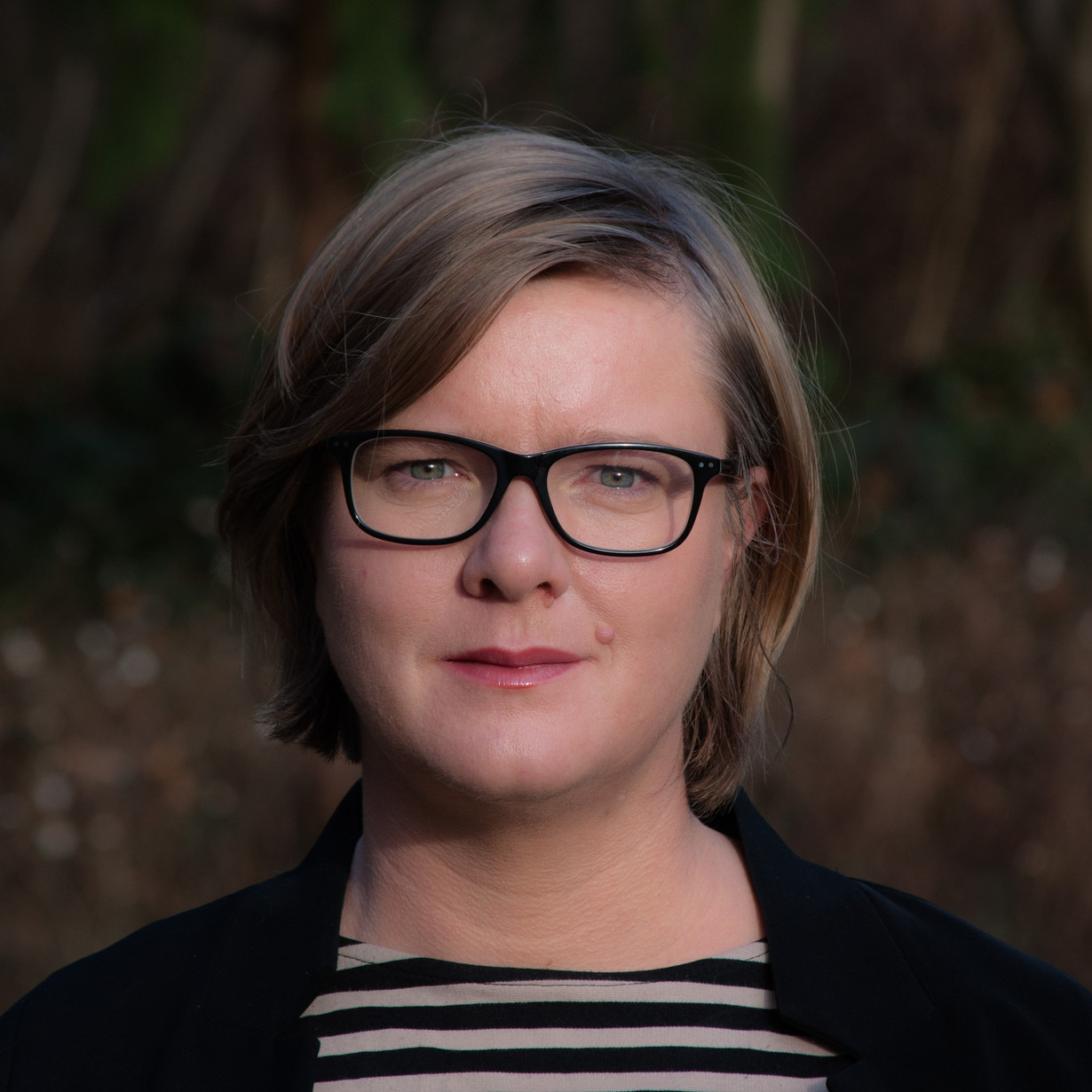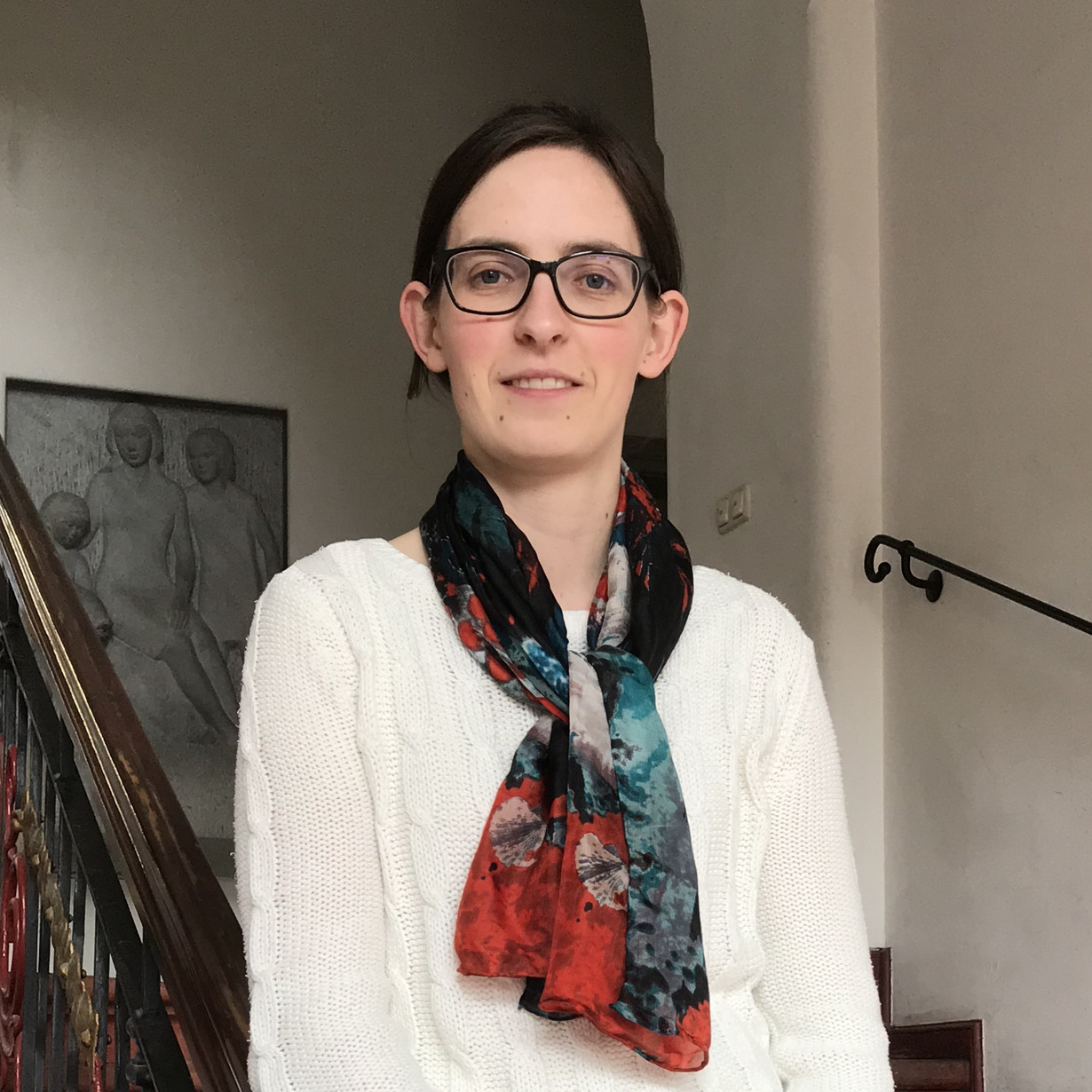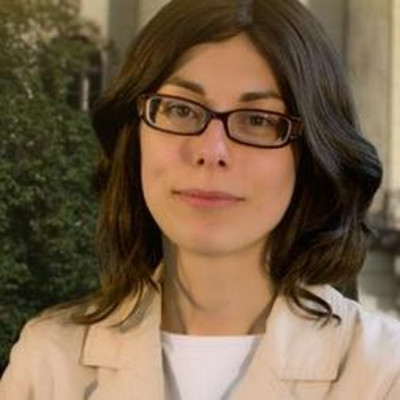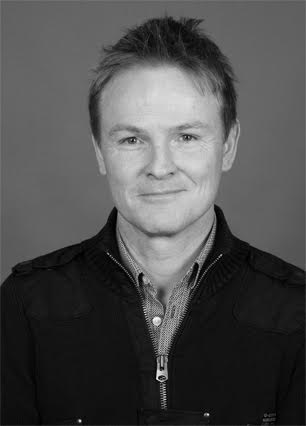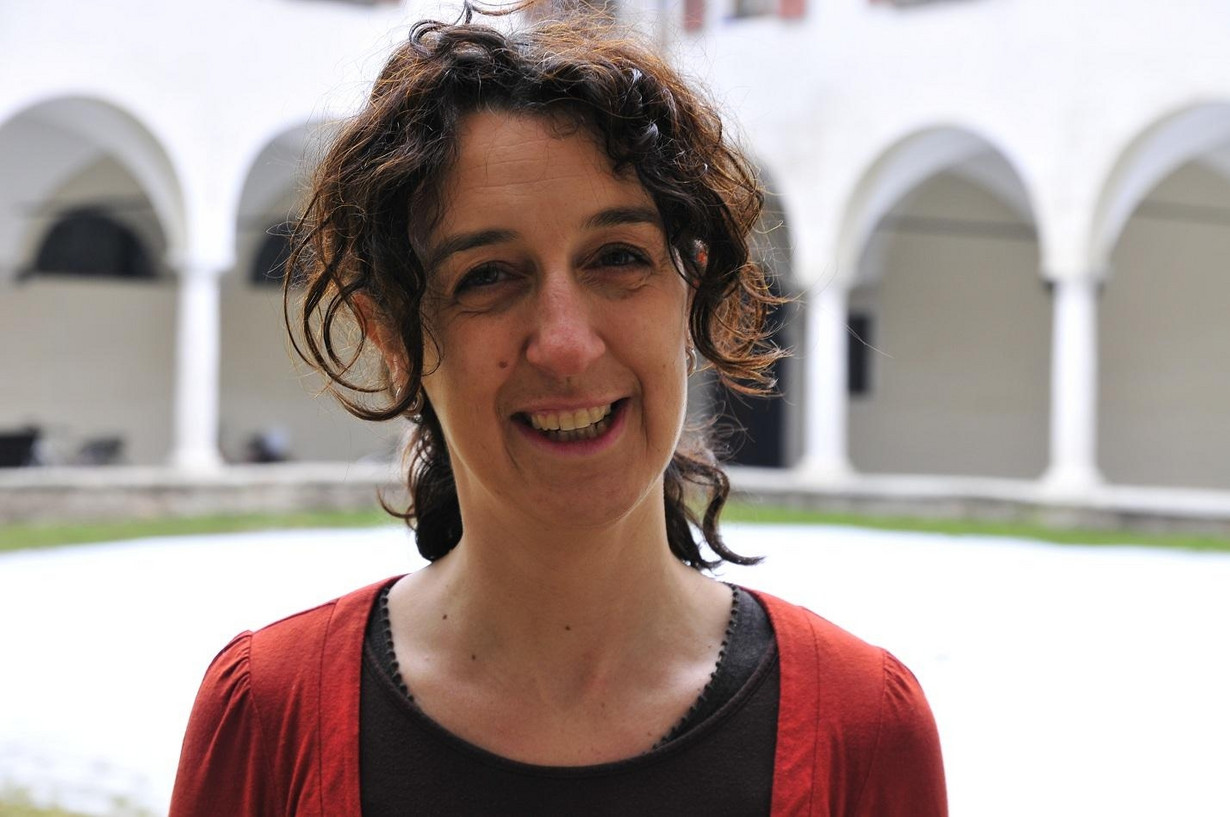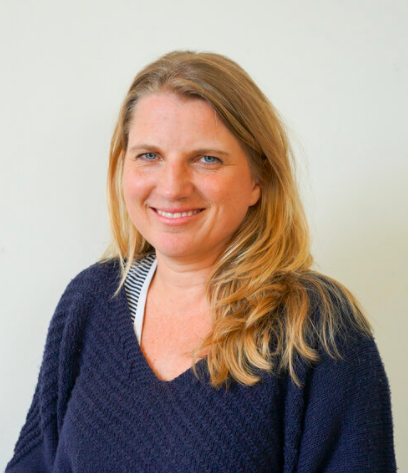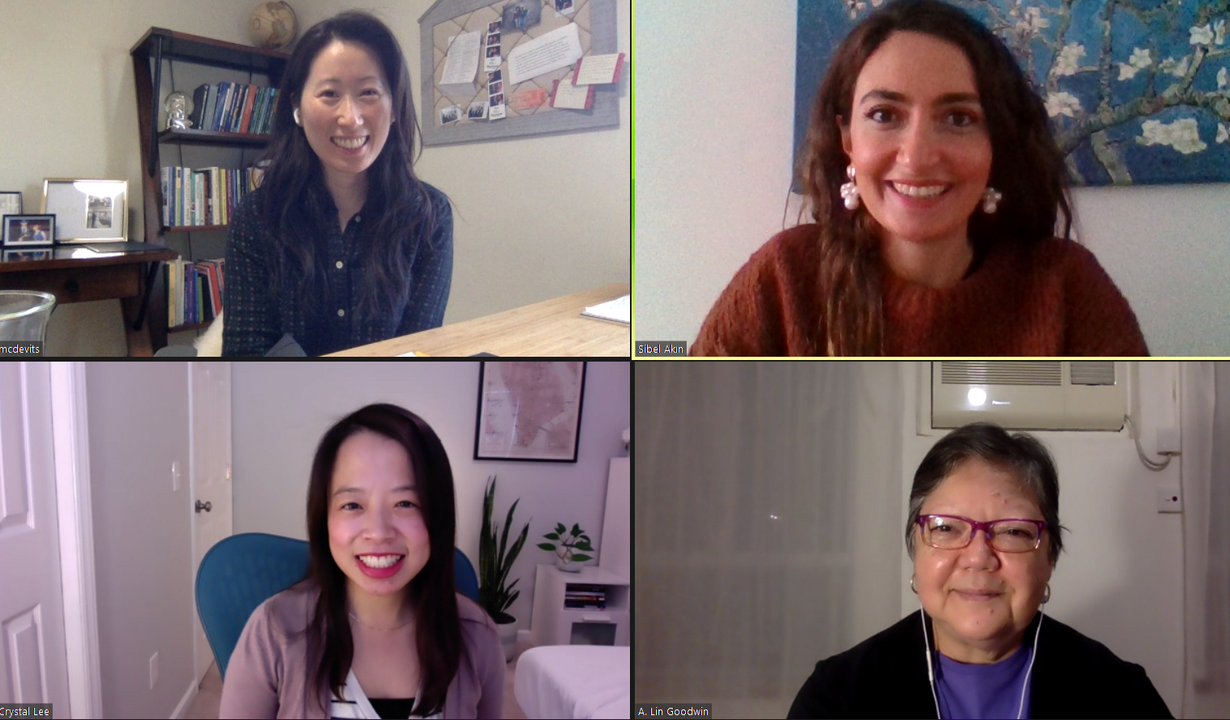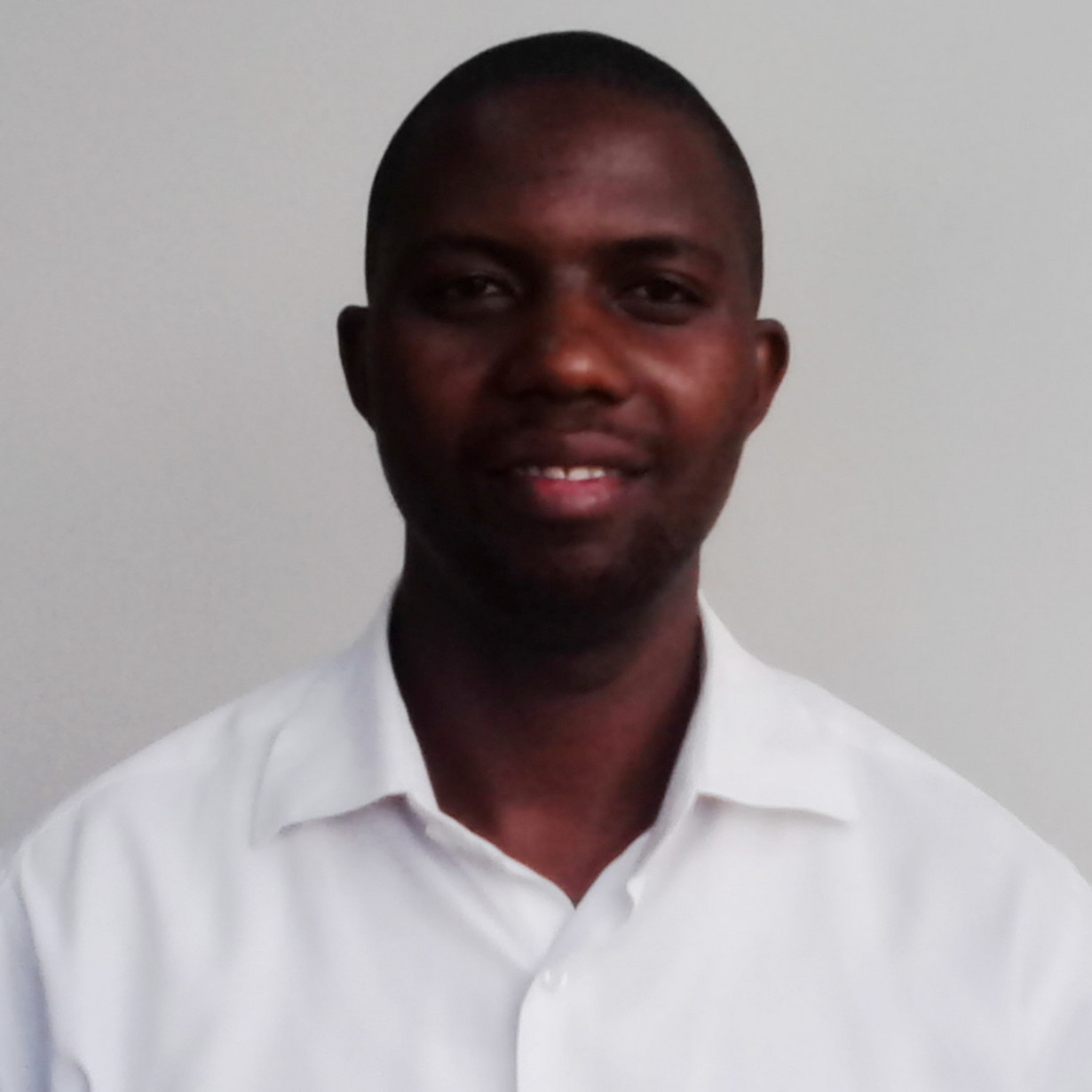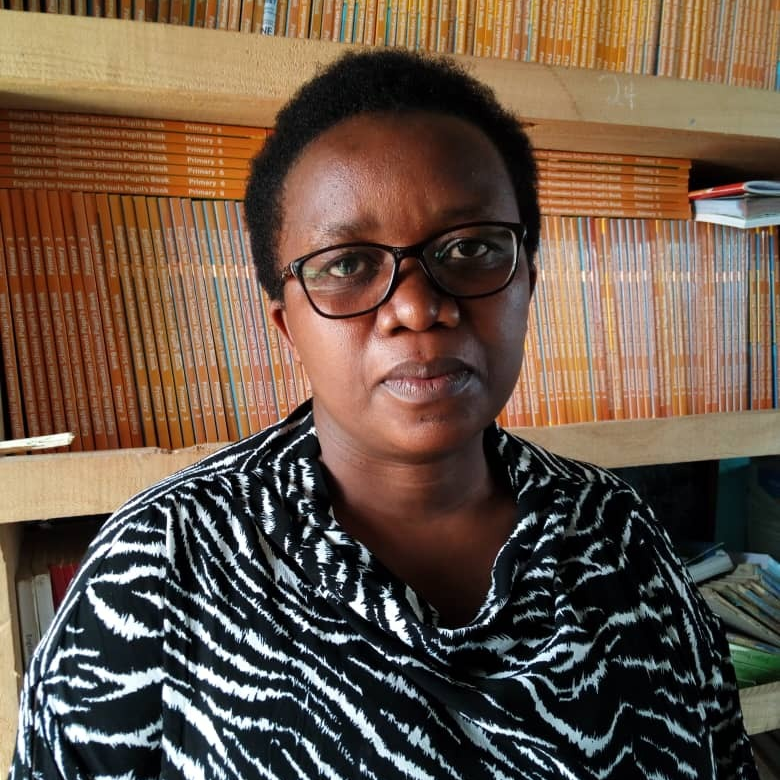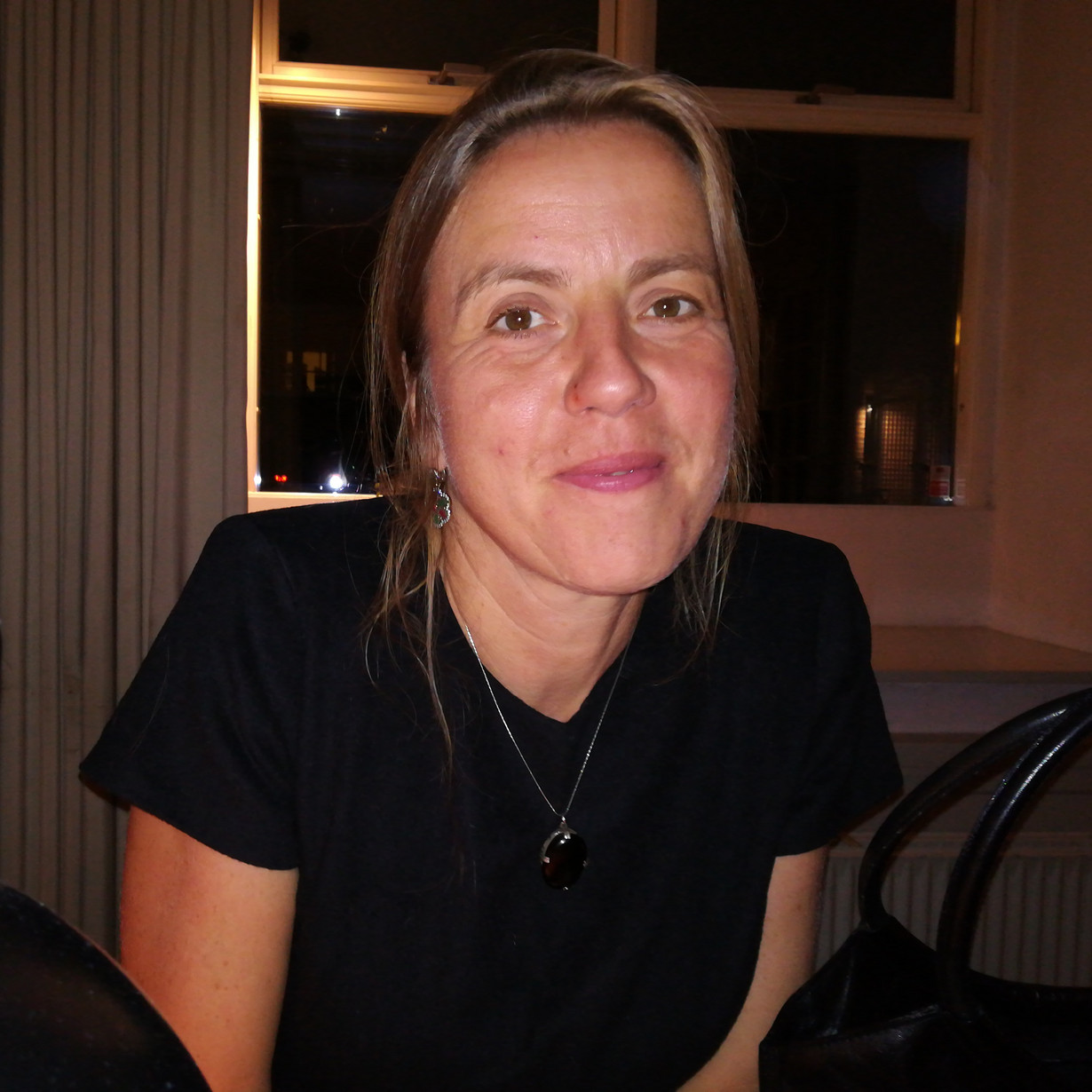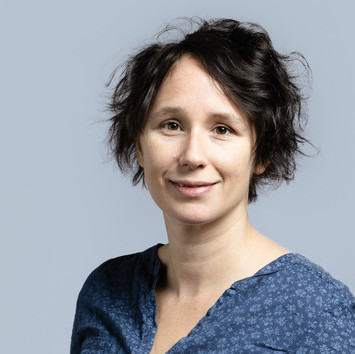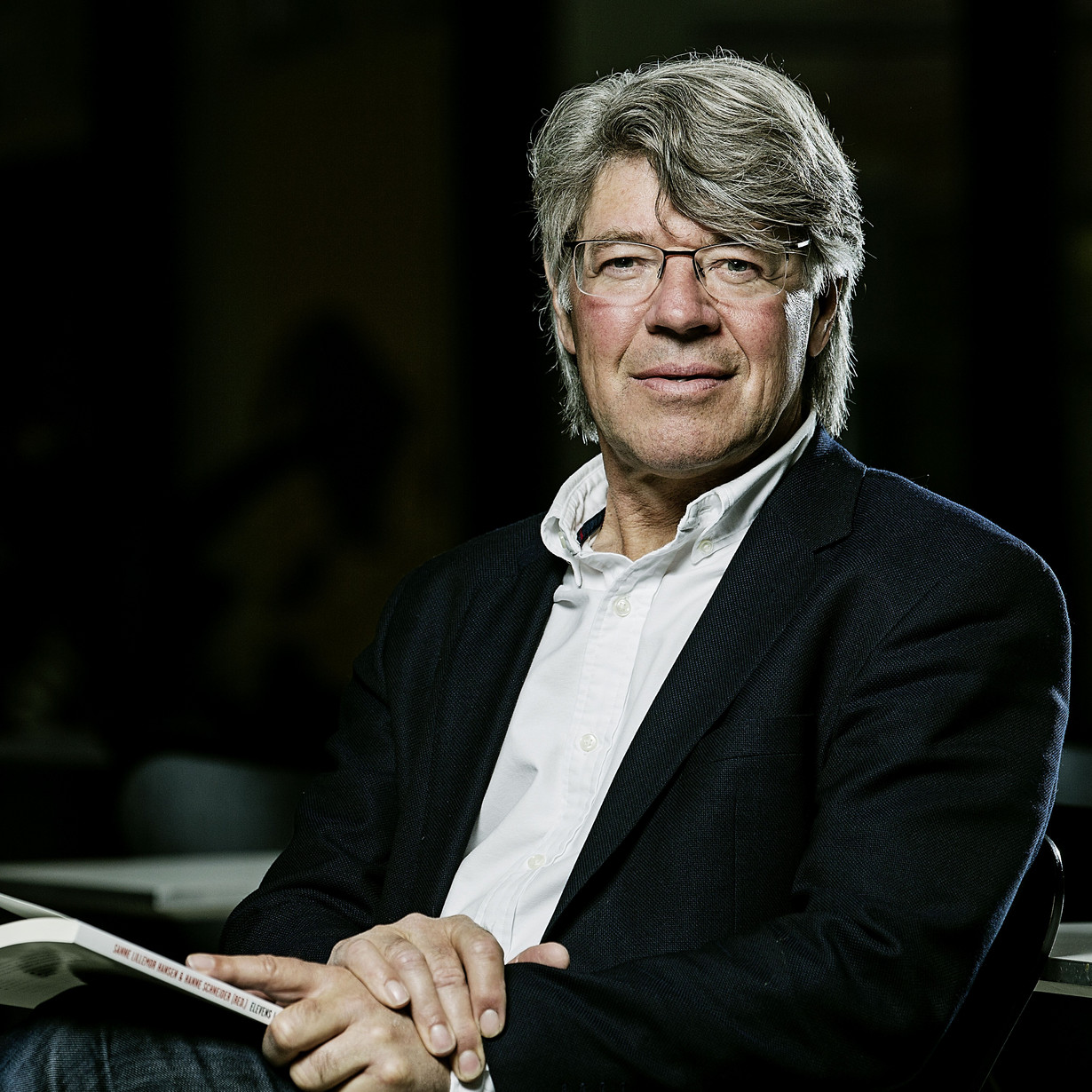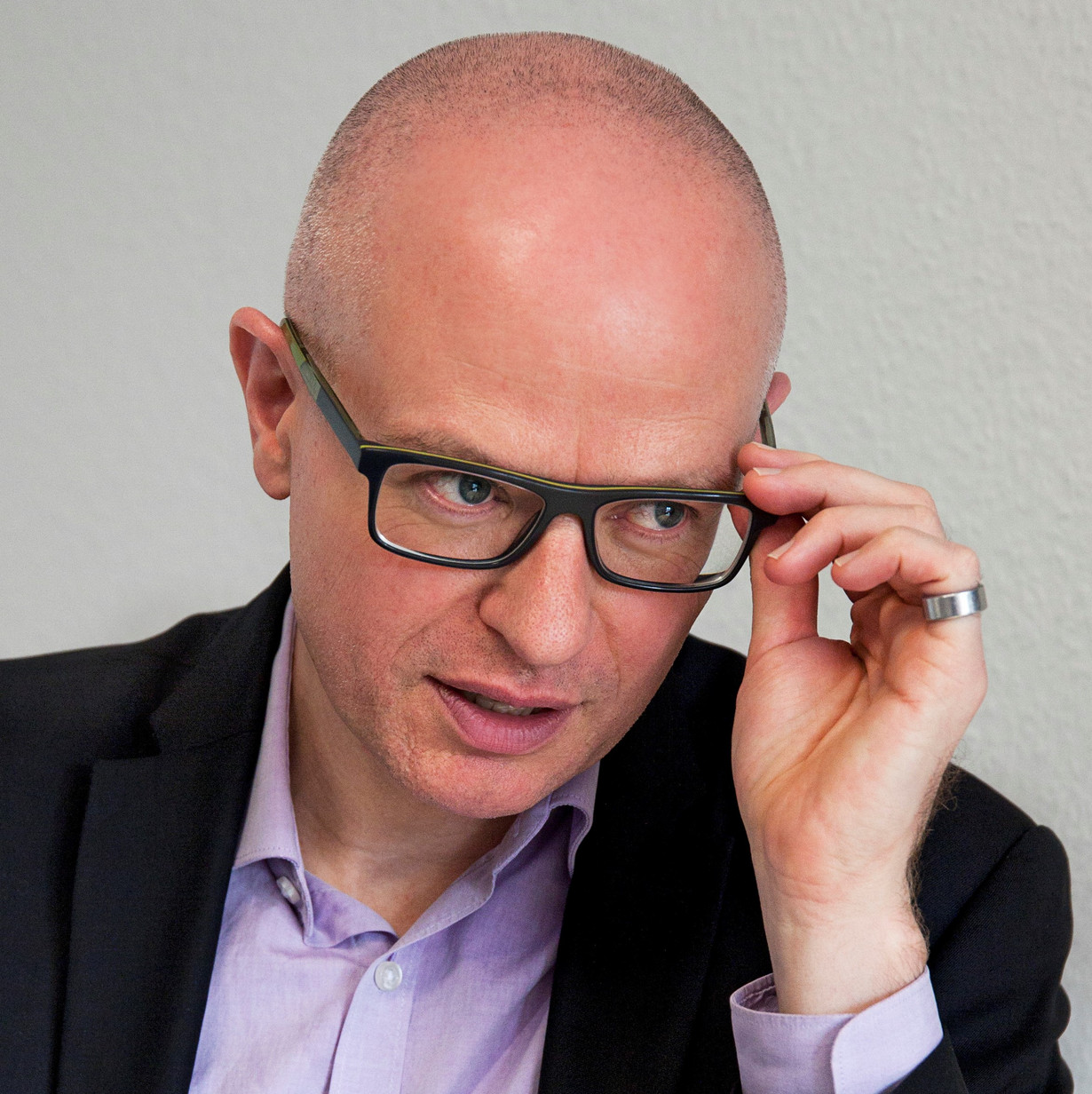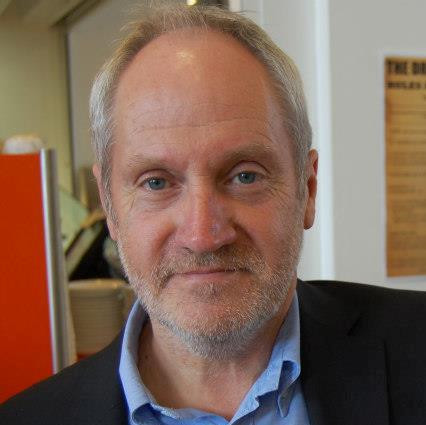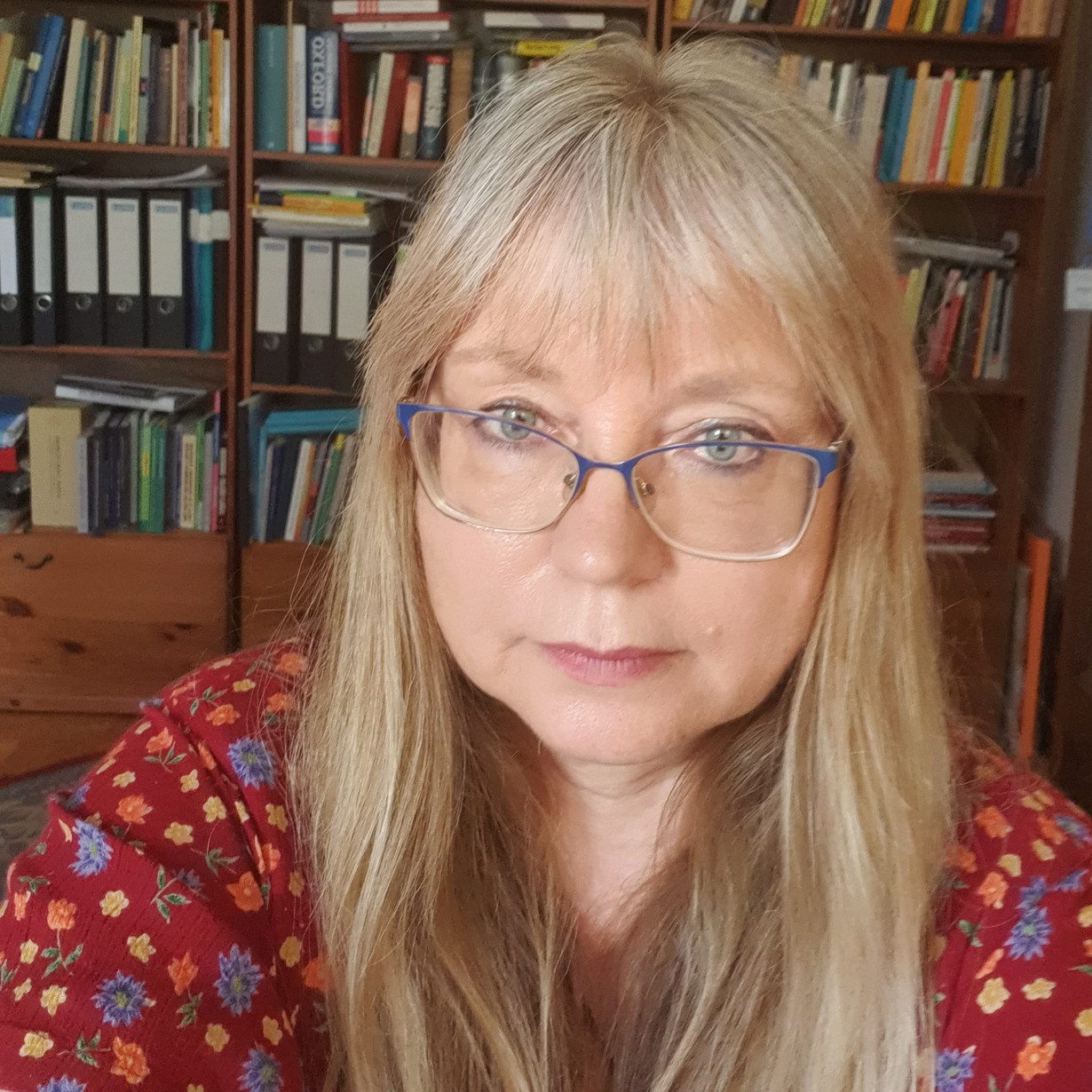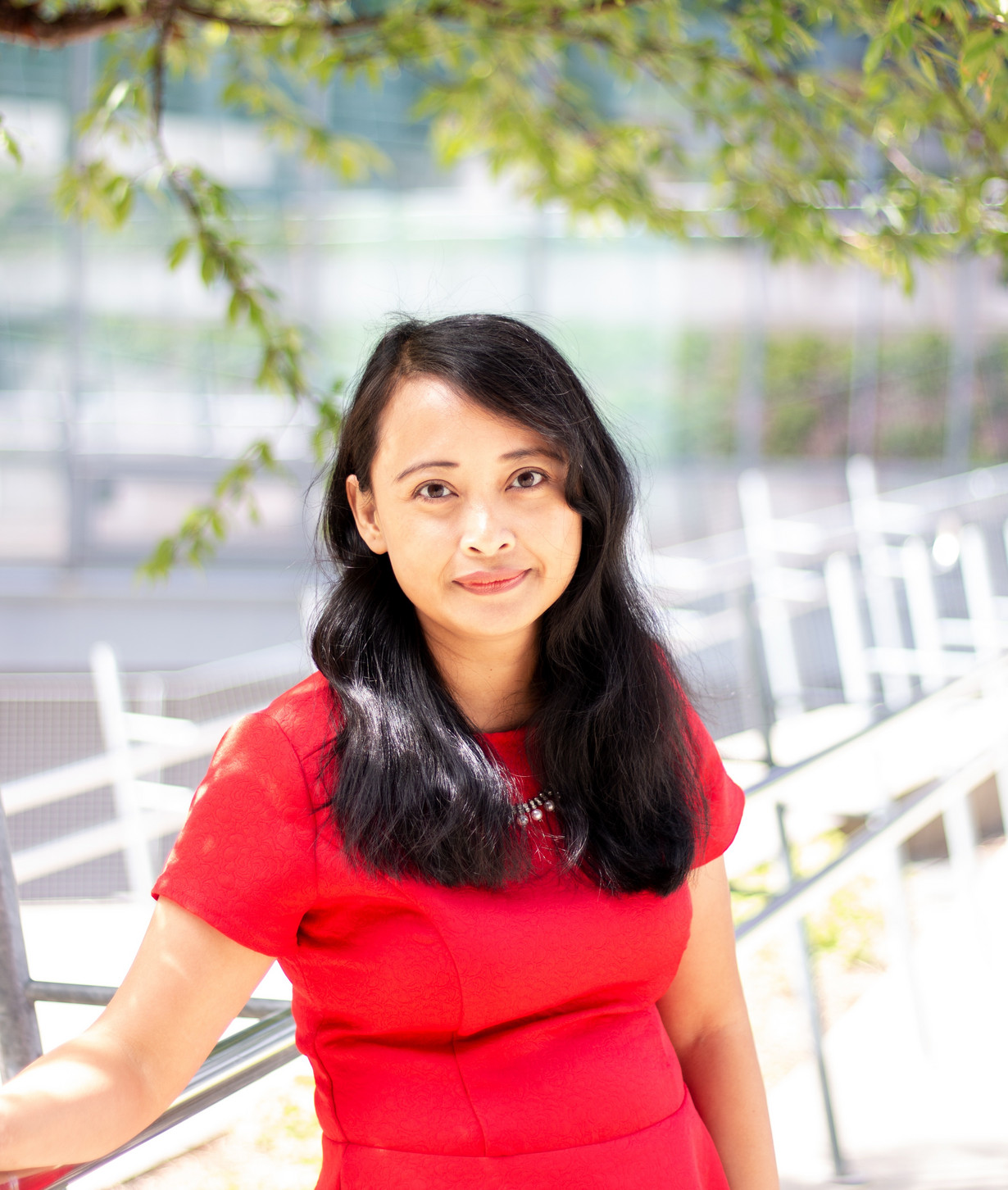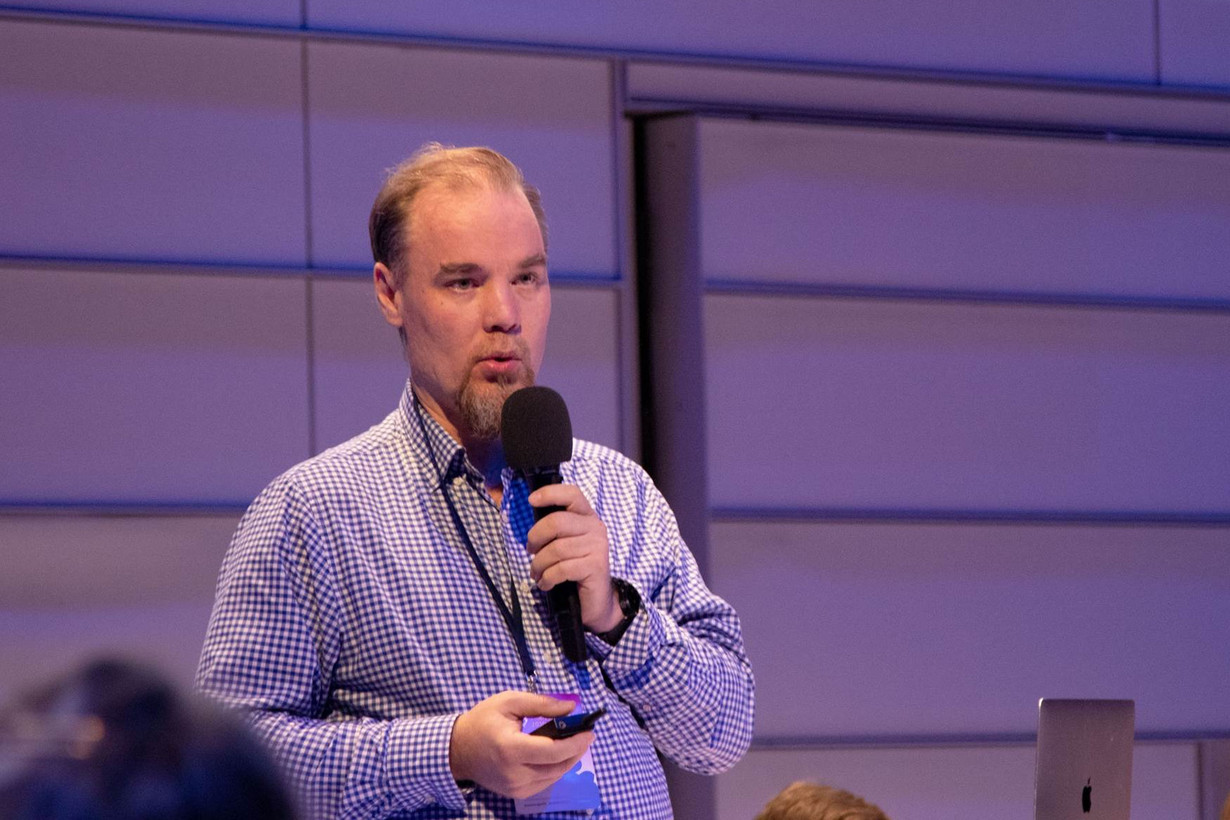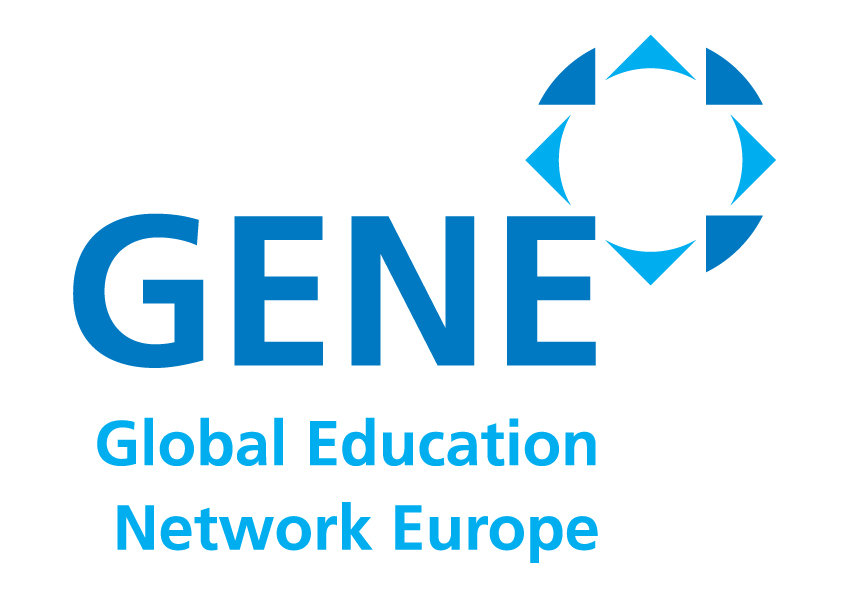Funding was given in three different funding schemes:
- 3 Research Award of 15,000 euro
- 3 Research Awards of 5,000 euro
- 8 Ringfenced research awards for early career researchers of 2,500 euro each
Stream A
Critical global citizenship for educational equity - the role of linguistic and cultural diversity in transitioning from primary to secondary education
Project Leader: Joana Duarte
Participating Researchers: Ton Gelmers; Robin Ulster; Natalie Shaw; Thomas Gitopoulos; Marcel Haagsma; James Denby.
Educational inequity is a persistent challenge across the globe. Due to its relevance, access to ‘inclusive and equitable quality education’ was included as one of the Sustainable Development Goals (SDGs) ratified by the United Nations General Assembly. Inequities in education often become evident in the transition processes that provide students access to different school forms and academic tracks, the most significant being the transition from primary to secondary education. Drawing on a framework at the intersection between research on 1) structural inequalities inherent to educational systems, 2) the quality of teaching of linguistic and cultural diverse pupils and 3) issues relating to asymmetries in student assessment, the current project aims to develop and evaluate a Toolkit for critical global citizenship education, inclusion and equity in educational transitions (GlobalEquitEd), allowing (pre-service) teachers to acknowledge and draw upon their linguistically and culturally diverse pupils’ specific ‘funds of knowledge and of identity’ (Volman & ’t Gilde, 2020), following emancipatory and critical models of global citizenship education. We concretely wish to explore how engaging in forms of critical citizenship education (Andreotti, 2006) in combination with exploring approaches towards culturally (and linguistically) responsive pedagogies (e.g. Gay, 2000; Hollie, 2017) may affect the educational pathways of linguistic and culturally diverse pupils in their transition from primary to secondary education.
Mapping Critical Global Citizenship Education in Spanish Schools
Project Leader: Renée DePalma
Participating Researchers: María Barba Núñez; Laura Cruz López; Alba Patricia Digón Regueiro; Ana Lampón Gude; Rosa María Méndez García; Araceli Serantes Pazos.
The ECIGAL research group at the University of A Coruña (Spain) is dedicated to promoting and researching Critical Global Citizenship Education (CGCE). We are committed to designing collaborative projects that bring together regulated education institutions (such as schools and universities) with other relevant social agents, such as NGOs and other organizations devoted to social and environmental justice. We prioritize the use of participatory research methodologies and the development of critical (digital) literacies that can help us identify, re-interpret and deconstruct global inequities. As part of this overall strategy, we have sustained a long-term partnership with the NGO Solidariedade International de Galicia (Galician International Solidarity), initiated in 2013, that has led to the creation of an interactive map of CGCE Initiatives throughout the Galician Autonomous Community of Spain. With the EERA/Gene-funded project Mapping Critical Global Citizenship Education in Spanish Schools, we plan to expand this pilot project to the national level, providing teachers, schools, and NGOs with a platform for sharing practice and forging new collaborations. The project will focus on core curricular areas in primary education, since our previous research has found these to be relatively under-explored.
Understanding teacher students’ implicit knowledge in regard to diversity, culture and societal change
Project Leader: Susanne Timm
Participating Researchers: Inkeri Rissanen; Mervi Kaukko; Katri Jokikokko.
The project Understanding teacher students’ implicit knowledge in regard to diversity, culture and societal change focus on teachers ascentral actors to promote global education in schools. Thus, they need competencies which enable them to embody the content and values of global education. Developing teachers’ competencies requires that their starting points, orientations and implicit beliefs are understood, preferably when they are still students. To gain a deeper understanding of their beliefs and orientations in regard to change and uncertainty, in particular when working in multicultural educational contexts, we expand and bring together preceding studies, one in Germany, one in Finland. Our research serves as a foundation for further development in teacher education and offers examples for implementation. These efforts open perspectives for forming initial teacher education in face of global challenges. Moreover, we aim to go beyond specific needs of teacher education in our localcontexts, and elaborate on their interconnectedness, and how different methods can help us to understand the issue in more depth.
Stream B
Climate change and religiosity: An international, cross-curriculum comparison of school-based message about human-earth relationships
Project Leader: Susanne Ress
Participating Researchers: Evi Plötz; Vera Centeno; Nancy Kendall.
Climate change remains one of the most threatening challenges faced by humanity in the 21st century. Especially youth need to be prepared to deal with the consequences of climate change and to contribute to a sustainable and environment friendly living. This is a matter of protecting the environment and global social justice. Thus, Learning for Sustainability and Global Learning are crucial tasks for education today. Yet most of the environmental education research is focused on industrialized countries, missing the heterogeneity of lived experiences of environmental change around the world. Even fewer studies have offered comparisons across contexts where students’ experiences are vastly different. To contribute to a more holistic understanding of global environmental education, the project examines 8th-grade textbook messages about climate and environmental change and human-earth relationships across subjects (e.g., natural sciences, social sciences, religious and ethical studies) in Ghana, Malawi, Germany, and Finland.
Furthermore, personal worldviews are at the core of individuals’ perception of reality. Young people refer to religious beliefs, among other things, in their value-related decisions. A special focus of the project will be set on the ways in which faith-based worldviews and religiosity play a role in textbook messages about human-earth relationship. The objective is to foster learning about a plurality of worldviews including different religious perspectives. This requires an interdisciplinary dialogue between faith-based and secular education actors about how to best integrate a plurality of ontological and epistemological worldviews into environmental education, especially how religiosity and faith-based perceptions of human-earth relationships can help encourage environment-friendly behaviors among youth in Europe and other world regions.
Towards a Framework for Integrating Development Education (DE) in Initial Teacher Education (ITE) programmes in the Adult & Community Education (ACE) Sector
Project Leader: Mark Kearns
Participating Researcher: Bobby McCormack
The purpose of the research is to develop, with all relevant stakeholders, a framework for embedding Development Education (DE) in initial teacher education (ITE programmes in the Adult & Community Education (ACE) Sector. This in turn builds on the success of interventions designed to embed DE in ITE programmes at the Irish primary (DICE) and second levels of education (UBUNTU), respectively. While these initiatives have been effective in building a sustainable, partnership approach to embedding DE in ITE in the Irish formal school system, it is anticipated that this research and the resultant framework will provide a unique response to working with adult learners on DE and DE-related issues across a broad range of formal, informal and non-formal education settings. Moreover, while the focus here is on DE-ITE in the Irish ACE sector, it is hoped that this will have significant impact on policy and practice for those working in the DE-GCE space in other jurisdictions and in other education-related contexts.
Critical Perspectives and Curricular Realities: Comparing Teachers’ Responses to a Pedagogical Tool for Critical GE in Italy and the UK
Project Leader: Andrea Bullivant
Participating Researcher: Sara Franch
Our research will explore how teachers in Italy and the UK understand Global Education (GE) and engage with alternate and critical perspectives on GE. To do this we will be developing a pedagogical tool for critically reflecting on global issues and exploring teachers’ responses and how they might integrate such tools and critical approaches into their practice. The research is shaped by our backgrounds in GE practice, our research into teacher and practitioner perspectives, and a shared journey of engaging with critical perspectives on GE and implications for practice. By drawing attention to teachers’ perspectives and different curricular contexts and realities, our aim is to address their absence in the literature. We’re also using the research process to facilitate GE ‘spaces’ in which teachers can experiment with and reflect on alternative GE discourses, and develop their confidence and skills to incorporate more critical approaches into their practice.
Stream C
#GlobalCitizens: Social Media and Informal Global Education
Project Leader: Madeleine le Bourdon
In collaboration with the Cumbria Development Education Centre (CDEC)
Global Education scholars have recognised the importance of online and informal spaces for global learning, yet the role of social media in furthering this life-long pedagogical process has gone under research. Social media activism has gained momentum over the past decade, however, in light of COVID-19, the past year saw an acceleration of activity through online educational campaigns shared through social media. In partnership with the Consortium Development Education Centres (UK) , this research understand the role and impact of social media as a platform for Global Education and activism for young people. The project will contribute to wider research on the digitalisation of education and the role social media plays in the lives of young people, while simultaneously, furthering insight into how to mobilize social media as a life-long learning tool for global education.
Towards a more holistic implementation of ESD and GCE - the Estonian Experience
Project Leader: Johanna Helin
My study analyses the ways in which the Estonian UNESCO ASP school network has managed to join the concepts of ESD and GCE together in their work and discusses how this type of merger could be beneficial also at the international and national levels for improved achievement of the SDG 4.7.
Reimagining Teacher Education Pedagogies and Policies in the Context of Mass Global Migration: Teacher Educators’ Perspectives Across Turkey, United States, and Hong Kong for Preparing Teachers for Immigrant Students
Project Leader: Sibel Akin
Participating Researchers: Crystal Chen Lee; Seung Eun McDevitt; A. Lin Goodwin.
This study aims to gain insight into how teacher educators are preparing teachers to teach immigrant students in teacher education programs. Using social justice as a lens, we focus on teacher educators, whose research center on and who have experience in preparing teachers to teach immigrant students, and consider how they think about teaching immigrant students for educational equity. In doing so, we aim to move beyond the boundaries of our own localities to analyze and theorize the needs of teachers to teach immigrant students within the perspective of teaching for social justice on a global scale.
Initial Teacher Training Curriculum for Global Education in Rwanda
Project Leaders: Emmanuel Niyibizi;
Christine Nyiramana.
Though the United Nations stress the importance of Global Education as an engine for achieving sustainable development goals (UN, 2015:19), knowledge about how individual countries integrate it in their educational policies and curricula is still limited especially in the Global South. In the Global North, Global Education is integrated in education policies at regional and national levels (GENE, 2018). Existing literature conducted in the framework of North-South cooperation shows that there still a paternalist understanding of world society by participants from both North and South (Scheunpflug, 2020; Nyiramana & Niyibizi, 2020). Global Education as an engine for successful sustainable development is a change which needs to be reflected at different levels and forms of education. When a change has to be successful, it would start by teacher education. The reason is that the latter serves as a pillar for engineering all initiatives in the sector of education through initial teacher education as well as in-service teacher training (European commission, 2013). Teacher education system in Rwanda, like the whole education system, has gone through a number of structural, curricula, pedagogical changes with the aim of improving its quality. For example, a new competency-based curriculum was introduced since 2019 and one of it is aim is to make prospective teachers become competitive nationally, regionally and internationally (MINEDUC/REB, 2019). However, no scientific study has been carried out so far to explore how global issues and competences are reflected in content, competences and teaching and learning methodologies. The aim of this project is to further scientific reflections on Global Education in the Global South. Particularly, it intends to enlighten the extent to which global issues and competences are reflected in teacher education curriculum in Rwanda. A qualitative approach will be used in order to delineate existing perspectives. The competency-based curriculum framework for teacher education in Rwanda will be analysed using content analysis via a process of coding and inter-coding by means of a coding system that will be elaborated and validated in cooperation with other researchers.
What has happened with our future: Post-Covid Visions of Central European Young Adults on global citizenship
Project Leader: Gyöngyver Pataki
Participating Researchers:
Eszter Neumann; Christian Quvang; Angelo Von Gorp; Ian Grosvenor; Iveta Kastere; Paulina Korsnakova.
The pandemic has precipitated a global economic downturn, the widespread closing of schools, the restriction of educational activities in colleges and universities and the isolation of young people from their peers. It has also shined a harsh light on existing global inequalities. This state of affairs can potentially have severe repercussions for the entire global higher educational sector, for uncertainty can be a toxic force resulting in atomised social relations and a narrowing of aspirational horizons. Thus framed, this research project aims to look at how Central-European international students with a hope of becoming reflexive, relational, and critical global citizens can make sense of the present constantly changing higher educational environment and the future post-Covid time. By doing so, it contributes to the deeper understanding of the role of higher educational governance in post-Covid recovery by supporting how institutions can plan for the future by interpreting perceived social, political or cultural tensions produced as a result of Covid 19. To reach this aim the research is proposed using qualitative methodology: 6 online focus groups and 36 follow-up narrative interviews.
A Baseline of Rights for Global Education: Children’s Rights Education Curricula in Education and Early Childhood Undergraduate Degrees in Europe
Project Leader: Francesca Zanatta
The inclusion of Rights Education in the university education/training of perspective educators in Europe is the focus of this project. The study identifies and maps Children’s Rights Education (CRE as form of Human Right Education) curricula in Education and Early Childhood Education and Care undergraduate programmes in Europe. The main aim of this research is to explore the rational for inclusion of CRE and map its teaching in Education/ECEC programmes in the context of Global Education.
The project includes a collaboration with @ChildRightsChat, a digital space on Twitter for learning about and discussing children’s rights within and beyond academia, of which I am co-founder alongside Professor Gabriela Martinez-Sainz (UCD, Dublin) and Professor Jenna Gillett-Swan (QUT, Queeensland). @ChildRightsChat will host a series of 5 live sessions introducing different perspectives on the role of Children’s Rights Education in the context of Global Education.
Examining academic resilience among disadvantaged students: A multilevel analysis across subjects, school levels, and education systems in 33 countries
Project Leader: Nani Teig
Participating Researchers: Angie Hart; Kajsa Yang Hansen; Trude Nilsen; Wangqiong Ye.
Education is a basic human right; yet, not all children have equal access to educational opportunities. Despite having limited resources and disadvantaged home backgrounds, some students manage to succeed in school against the odds. These students demonstrate academic resilience, that is, the capacity to adapt in the face of adversity and achieve successful school performance. Given the recent sharp increase in inequality due to the COVID-19 pandemic, fostering student resilience takes an even greater urgency than ever before. Currently, research on academic resilience is fragmented, and no coherent understanding about the factors that contribute to academic resilience at the student, class, school, and country levels exists. Few attempts have been made to understand how academic resilience may manifest differently across subjects and school levels by taking into account the different contexts of education systems around the world. To address these knowledge gaps in education worldwide, this current project draws upon unique data from the Trends in International Mathematics and Science Study (TIMSS), an international large-scale assessment with representative student samples that assess student performance in mathematics and science. This project utilizes multilevel data from students, teachers, and school leaders across 33 education systems including in America, Europe, Africa, Asia, and the Middle-East. Policymakers and other stakeholders have an urgent need to understand which factors may support academic resilience in their education systemsand what policies are appropriate for addressing these factors in their unique national contexts. Given the right policies, all countries can offer children a fair chance to succeed in life, regardless of their background. Increased knowledge in these areas is key in preparing children to thrive in a rapidly changing world.
Workshop for collaborative mapping of the emergent Global Education Research in Finland
Project Leader: Audrey Paradis
In collaboration with the Emerging researchers in Global Education in Finland (GERIF)
The purpose of the Global Education Research in Finland (GERIF)-network is to bring together researchers working with global education in Finland. We focus on encouraging academic debate and cooperation, bridging gaps between research and practice as well as presenting research in an accessible way. Global education is an emerging field of research that focuses on understanding global phenomena, global responsibility and global citizenship in educational contexts. Central themes within global education are peace, equity, diversity, human rights and sustainable development. Research on global education encompasses early childhood education, basic education, secondary education, higher education as well as non-formal education and life-long learning. Our network takes part in continuous critical discussions on the position and objectives of global education.
Each year, the GERIF network organizes events for researchers and practitioners, and this year is no exception. We received GENE funding to hold in autumn 2021 a retreat for emerging global education researchers. We wish for them to take part in workshops to contribute to the development of mapping the global education research in Finland. We aim for this mapping to be achieved by emergent and eager global education researchers, while at the same time helping them to create a network of peers, inviting them to form new research groups and coalitions, contributing ultimately to the strengthening of the global education researcher network in Finland, and of the status of global education research in Finland and abroad.
Important Links
Contact
For further questions, please contact gene-award(at)eera.eu
Co-funded by the European Union

